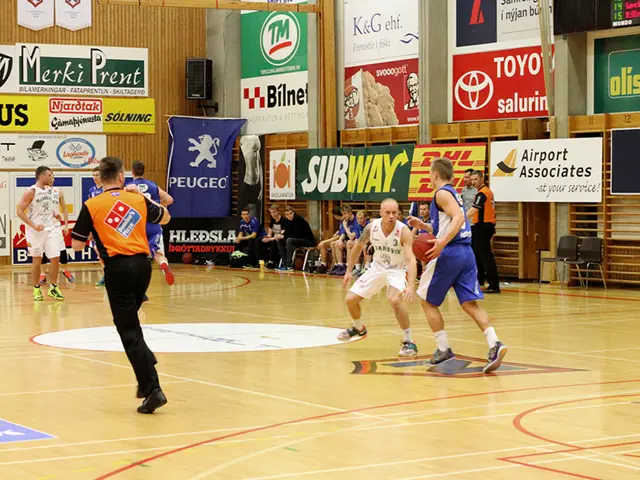Potential Decision from German Federal Court on Sports Betting Refunds: Gamesright vs Tipico
The BGH Gamesright vs Tipico case is a significant legal dispute that centers on the regulation and operation of sports betting providers, particularly regarding licensing and market access under EU law. This article provides an overview of the case's background, potential impact on EU law and sports betting providers, and the summary of the proceedings.
Background
The case involves Gamesright, a betting company, and Tipico, a major sports betting provider. Gamesright has challenged Tipico, primarily over issues related to licensing and compliance with German gambling laws. The case focuses on whether certain regulatory restrictions imposed by Germany on sports betting operators conform with EU principles, such as the free movement of services and proportionality.
Potential Impact on EU law and Sports Betting Providers
- Clarification on Licensing and National Restrictions:
- The case could clarify to what extent member states like Germany can impose strict licensing regimes on sports betting companies and whether these regimes are compatible with EU law.
- It may set limits on national laws that restrict market access and enforce licensing conditions, particularly if deemed disproportionate or discriminatory under EU freedoms.
- Impact on Market Access and Competition:
- A ruling favoring Tipico or enforcing Germany’s strict regime might reinforce member states' rights to tightly regulate gambling within their territories for consumer protection, integrity, and public interest reasons.
- Conversely, if Gamesright's challenge succeeds, it could open the market for more competitive, cross-border sports betting providers in the EU, promoting liberalization.
- Interpretation of EU Principles in Gambling Regulation:
- The case will likely influence how EU principles like the free movement of services (Article 56 TFEU) are balanced against national objectives such as anti-addiction policies, fraud prevention, and public order.
- It can contribute to further jurisprudence on proportionality—whether national restrictions are appropriate and necessary to achieve these legitimate goals.
- Effect on Regulatory Harmonization in the EU:
- The decision could prompt calls for more coherent and harmonized EU-wide regulations in sports betting to reduce legal fragmentation.
- Alternatively, it might confirm member states' discretion to tailor gambling policies to their social and cultural contexts.
- Precedent for Future Gambling Cases:
- The BGH ruling may serve as an important precedent in cases where other EU countries impose restrictive licensing or market access rules.
- It could impact how online sports betting platforms operate, potentially requiring licensing in every member state or enabling freer cross-border service provision.
Summary
The BGH Gamesright vs Tipico case is pivotal in defining the balance between national regulatory autonomy in gambling and the EU's internal market freedoms. Its outcome could either strengthen member states' ability to regulate sports betting strictly or encourage a more open, competitive EU-wide sports betting environment, influencing the future of gambling regulation and industry dynamics across Europe.
- Tipico holds a valid EU license in Malta.
- The BGH has set a new trial date for the dispute between Gamesright and Tipico, scheduled for June 27, 2024.
- If the BGH rules against Tipico in the June 27, 2024 judgment, it is possible that Tipico could appeal to the European Court of Justice (ECJ).
- Tipico interprets the previous legal situation in Germany as being "contrary to EU law."
"What would be the implications if Tipico were to appeal the BGH's decision to the European Court of Justice (ECJ) in case the BGH rules against them in the sports-betting dispute with Gamesright on June 27, 2024?"
"Considering that Tipico holds a valid sports-betting license in Malta, how might sports-betting regulations be impacted across Europe if the BGH's ruling in the Gamesright vs Tipico case were to encourage a more open and competitive EU-wide sports-betting environment?"







